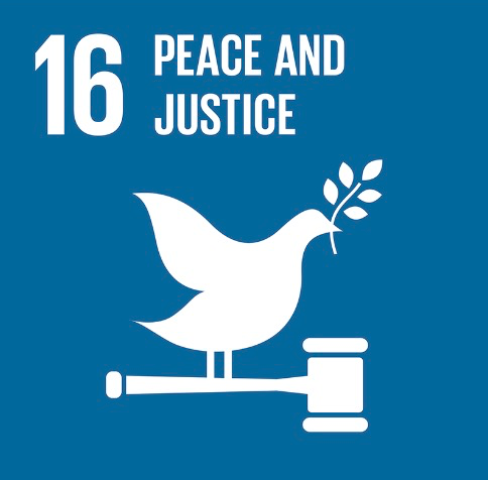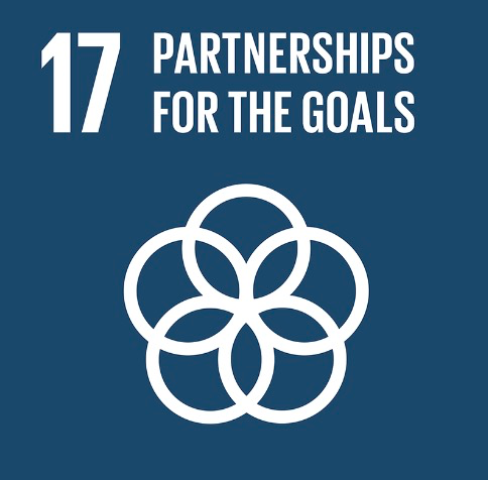What’s the SDGs?
Sustainable Development Goals abbreviation SDGs.
The United Nations posits that sustainable development entails achieving a development that meets the needs of the present without compromising the ability of future generations to meet their own needs. To realize sustainable development, there must be a harmonious coordination of three core elements: economic growth, social inclusion, and environmental protection.
In the year 2015, the United Nations General Assembly adopted the “2030 Agenda for Sustainable Development,” which outlined 17 sustainable development goals and 169 specific indicators across various domains such as economic growth, education, health, employment opportunities, climate change, and environmental conservation. These goals are applicable to all countries and people worldwide. Leaders of nations also pledged to commit to the implementation of each sustainable development goal over the following 15 years (2015 to 2030), with a focus on eradicating poverty, protecting the environment, and ensuring that everyone can share in peace, security, and prosperity.
The 17 sustainable development goals are primarily categorized into six major areas: poverty, health, education, safety, sustainable development, and the environment.

End poverty in all its forms everywhere

End hunger, achieve food security and improved nutrition and promote sustainable agriculture

Ensure healthy lives and promote well-being for all at all ages

Ensure inclusive and equitable quality education and promote lifelong learning opportunities for all

Achieve gender equality and empower all women and girls

Ensure availability and sustainable management of water and sanitation for all

Ensure access to affordable, reliable, sustainable and modern energy for all

Promote sustained, inclusive and sustainable economic growth, full and productive employment and decent work for all

Build resilient infrastructure, promote inclusive and sustainable industrialization and foster innovation

Reduce inequality within and among countries

Make cities and human settlements inclusive, safe, resilient and sustainable

Ensure sustainable consumption and production patterns

Take urgent action to combat climate change and its impacts

Conserve and sustainably use the oceans, seas, and marine resources for sustainable development

Protect, restore and promote sustainable use of terrestrial ecosystems, sustainably manage forests, combat desertification, and halt and reverse land degradation and halt biodiversity loss

Promote peaceful and inclusive societies for sustainable development, provide access to justice for all and build effective, accountable and inclusive institutions at all levels

